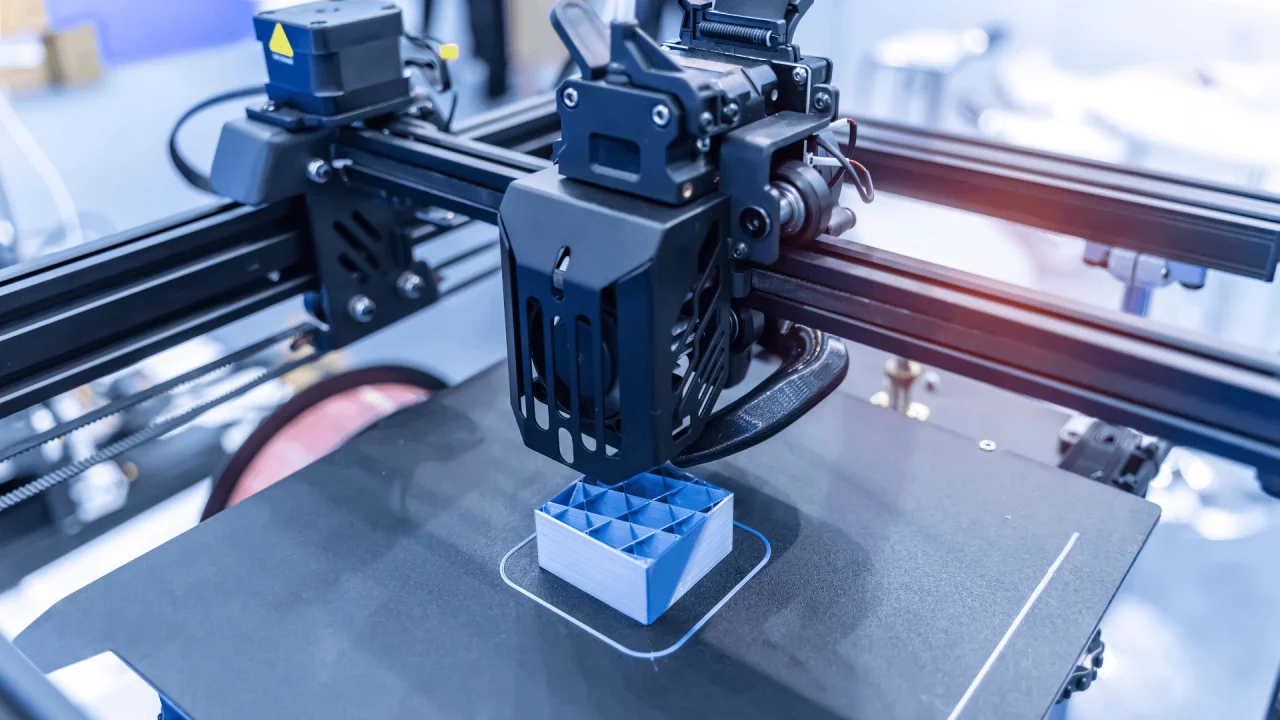Technology has always been the driving force of human progress. From the invention of the wheel to the rise of artificial intelligence, each new breakthrough has transformed how we live, work, and connect. Today, in the 21st century, technology is evolving faster than ever—blurring the lines between the physical and digital worlds. What once seemed futuristic, like self-driving cars or smart cities, is rapidly becoming reality.
This article explores the major trends shaping the future of technology, their impact on society, and how innovation is redefining every aspect of modern life.
The Age of Artificial Intelligence
Artificial Intelligence (AI) has become the cornerstone of modern technology. Once confined to science fiction, AI now powers everything from smartphones and customer service chatbots to medical diagnostics and financial forecasting. Machine learning algorithms allow computers to analyze massive datasets, identify patterns, and make predictions with remarkable accuracy.
One of the most significant developments in recent years is Generative AI, capable of creating text, images, and even code. Platforms like ChatGPT, DALL·E, and other AI systems are revolutionizing industries by automating creative and technical tasks once thought to be uniquely human. In healthcare, AI assists in diagnosing diseases earlier than traditional methods. In business, it streamlines operations, personalizes marketing, and enhances decision-making.
However, as AI grows more powerful, ethical concerns also intensify. Issues surrounding bias, job displacement, and data privacy highlight the need for responsible AI governance. The future challenge lies in balancing innovation with ethics—ensuring AI serves humanity rather than replacing it.
The Internet of Things and the Smart World
The Internet of Things (IoT) is transforming everyday objects into intelligent devices that communicate and share data. From smart thermostats and wearable fitness trackers to connected cars and industrial sensors, IoT creates an ecosystem of interlinked devices that make our lives more efficient.
Smart homes are now mainstream, allowing users to control lighting, security, and appliances with voice commands or mobile apps. On a larger scale, smart cities use IoT technology to manage traffic, monitor air quality, and optimize energy consumption. This connectivity not only improves convenience but also reduces waste and enhances sustainability.

In industries such as agriculture and manufacturing, IoT devices track real-time data to improve productivity and safety. Farmers use sensors to monitor soil moisture and crop health, while factories deploy predictive maintenance tools that prevent costly equipment failures.
Despite its benefits, IoT also presents challenges in data security. As billions of devices come online, ensuring privacy and protection against cyberattacks becomes increasingly critical.
5G Connectivity: Powering the Next Digital Revolution
The rollout of 5G networks marks one of the most significant technological advancements in recent years. Compared to its predecessors, 5G offers lightning-fast internet speeds, ultra-low latency, and the capacity to connect millions of devices simultaneously. This infrastructure is the backbone of the next wave of digital innovation.
With 5G, autonomous vehicles can communicate instantly, enabling safer navigation. Virtual and augmented reality experiences become more immersive, making remote work, online education, and entertainment more interactive. Healthcare benefits from real-time telemedicine, where surgeons can perform remote operations using robotic systems.
Moreover, 5G is the foundation for future smart cities, advanced logistics, and industrial automation. However, deploying global 5G networks requires significant investment and infrastructure upgrades, raising concerns about accessibility and affordability—particularly in developing regions.
The Rise of Quantum Computing
While still in its early stages, quantum computing represents the next frontier of computational power. Unlike classical computers, which process data as bits (0s and 1s), quantum computers use qubits that can exist in multiple states simultaneously. This allows them to perform complex calculations exponentially faster than traditional systems.
Quantum computing has the potential to revolutionize industries dependent on data and simulation, such as pharmaceuticals, climate modeling, cybersecurity, and finance. For example, it could accelerate drug discovery by simulating molecular interactions or optimize global supply chains in real time.
However, with its immense power comes new risks. Quantum computing could eventually break current encryption methods, posing threats to data security. Researchers and governments are already working on developing quantum-safe cryptography to protect digital systems from future vulnerabilities.
Green Technology and Sustainable Innovation
As the world faces climate change and resource depletion, technology is becoming a critical ally in building a sustainable future. Green tech, or clean technology, focuses on reducing environmental impact through innovation.
Renewable energy sources—such as solar, wind, and hydroelectric power—are now more efficient and affordable than ever. Smart grids, powered by AI and IoT, optimize energy distribution and reduce waste. Electric vehicles (EVs), once considered niche, are becoming mainstream as battery technology improves and charging networks expand.
Sustainability has also entered manufacturing, architecture, and fashion. Circular economy models, which promote reuse and recycling, are being supported by digital tracking systems. Even data centers—long criticized for their energy consumption—are transitioning to greener operations through carbon-neutral initiatives.
Ultimately, the marriage of technology and sustainability represents a hopeful vision: innovation that not only advances society but also protects the planet.
The Human-Technology Relationship
As technology becomes more integrated into daily life, the relationship between humans and machines is undergoing profound change. Devices that once served as tools are now companions, assistants, and even collaborators. Virtual assistants like Siri and Alexa respond to our voices; social media algorithms shape our digital identities; and wearable tech monitors our health in real time.
Yet, this dependence raises concerns about digital well-being. Constant connectivity can lead to screen fatigue, reduced attention spans, and mental health challenges. The challenge is not to abandon technology but to use it mindfully—designing tech that enhances human experience without overwhelming it.
Future innovations such as neural interfaces—which connect the brain directly to computers—could redefine what it means to be human. Companies like Neuralink are exploring brain-computer connections that could restore mobility to paralyzed individuals or enhance cognitive function. While promising, these developments also spark debates about privacy, ethics, and identity.
Cybersecurity: Protecting the Digital Frontier
As our world becomes increasingly digital, cybersecurity has never been more vital. Cyberattacks on businesses, governments, and individuals are rising in both scale and sophistication. Data breaches can compromise sensitive information, while ransomware attacks can cripple entire networks.
Modern cybersecurity strategies now employ AI and machine learning to detect and respond to threats in real time. Biometric authentication—such as facial recognition and fingerprint scanning—adds an extra layer of protection for personal devices. Governments are also implementing stricter data protection laws, such as Europe’s GDPR, to safeguard user privacy.
However, cybersecurity is an ongoing race between defense and offense. As new technologies emerge, so do new vulnerabilities. A secure digital future requires continuous innovation, education, and global collaboration.

The Future: Innovation with Purpose
Technology is evolving faster than society can sometimes adapt—but its purpose remains clear: to improve human life. The future of tech will be defined not only by breakthroughs in computing and automation but also by how ethically and inclusively these innovations are deployed.
Emerging fields such as biotechnology, space exploration, metaverse development, and AI ethics are opening new horizons. The key question for the coming decades will be: Can we innovate responsibly?
To ensure that the future of technology serves everyone, inclusivity, sustainability, and ethics must remain at the heart of innovation. By designing technology with empathy and foresight, humanity can harness its full potential to create a smarter, fairer, and more connected world.





